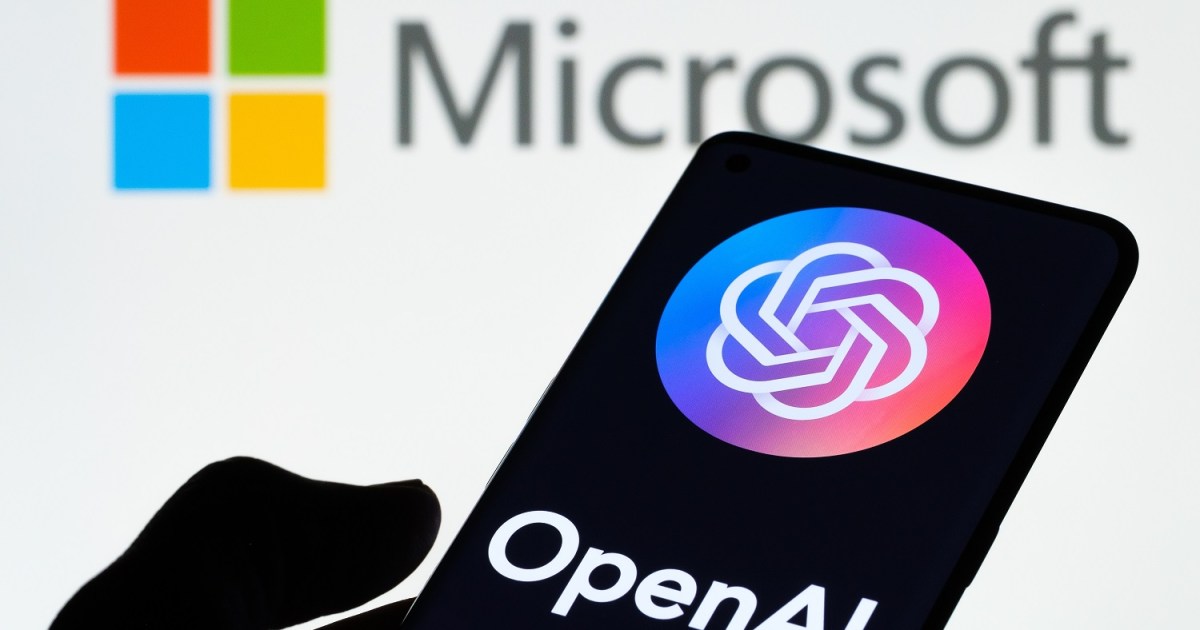The New York Times has become the first major media organization to take on AI firms in the courts, accusing OpenAI and its backer, Microsoft, of infringing its copyright by using its content to train AI-powered products such as OpenAI’s ChatGPT.
In a lawsuit filed in Federal District Court in Manhattan, the media giant claims that “millions” of its copyrighted articles were used to train its AI technologies, enabling it to compete with the New York Times as a content provider.
The New York Times said in the lawsuit that it wants the two companies to be held liable for “billions of dollars in statutory and actual damages.”
OpenAI and similar AI companies trawl the web for content that’s used to train its large language models, which power products like its popular ChatGPT chatbot.
The impending high-profile legal battle will be watched closely by many in the media industry as the court’s rulings could open up a slew of similar claims by other big organizations.
The New York Times’ lawsuit alleges that if a user asks ChatGPT about recent events, the chatbot will occasionally respond with word-for-word passages from the news organization’s articles that would otherwise need a subscription to access. Links to the original article on the New York Times’ site are also missing.
The news outlet says that this is leading to a loss of revenue as potential customers are discouraged from taking out a subscription, while income generated from visits to its website is also being lost.
The lawsuit also reveals that the New York Times approached OpenAI and its backer Microsoft in the spring in a bid to resolve the issue, but they failed to reach an agreement.
Responding to the action, OpenAI said in a statement: “We respect the rights of content creators and owners and are committed to working with them to ensure they benefit from AI technology and new revenue models. Our ongoing conversations with the New York Times have been productive and moving forward constructively, so we are surprised and disappointed with this development. We’re hopeful that we will find a mutually beneficial way to work together, as we are doing with many other publishers.”
This includes a partnership with German media behemoth Axel Springer that gives OpenAI access to its news content for a fee. Deals like this are expected to become more common as OpenAI and similar firms search for a way to steer clear of more lawsuits.
Earlier this year, a group of prominent authors — including George R.R. Martin, John Grisham, and Jodi Picoult — also filed a lawsuit against OpenAI over a similar issue. And it’s not just written content that’s used by AI firms, with the likes of Midjourney and Stability AI analyzing copyrighted imagery on the web to train text-to-image software capable of creating “original” content. Artists have also been launching lawsuits, while also taking direct action in a bid to confuse the AI systems that analyze their work.
Editors’ Recommendations


